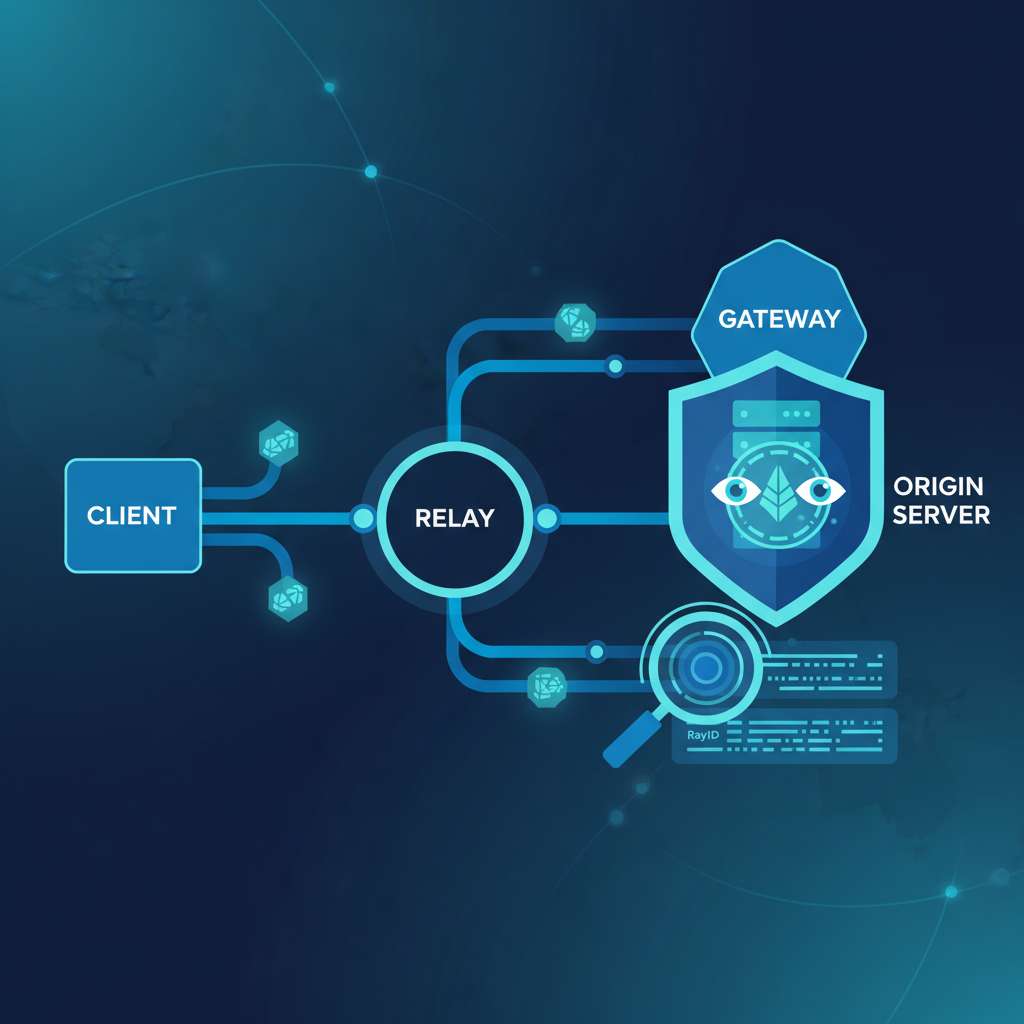
Anonymous credentials in the wild: how to collect and analyze Privacy Pass, ARC/ACT, and OHTTP evidence
Cloudflare proposed using anonymous credentials to rate-limit bots and AI agents while preserving user privacy on October 31, 2025, outlining issuance, presentation, and verification flows and comparing bandwidth/CPU trade-offs with existing Privacy Pass deployments (Cloudflare). The building blocks sit on standardized components: the Privacy Pass architecture and issuance protocols, and the HTTP “PrivateToken” authentication/challenge scheme (RFC 9576, RFC 9578, IETF draft: Auth Scheme). Expect to see more Authorization: PrivateToken headers, unlinkable single-use tokens or multi-show anonymous credentials (ARC/ACT), and, in some deployments, traffic tunneled via Oblivious HTTP (OHTTP), which intentionally splits client IP from request content (RFC 9458).